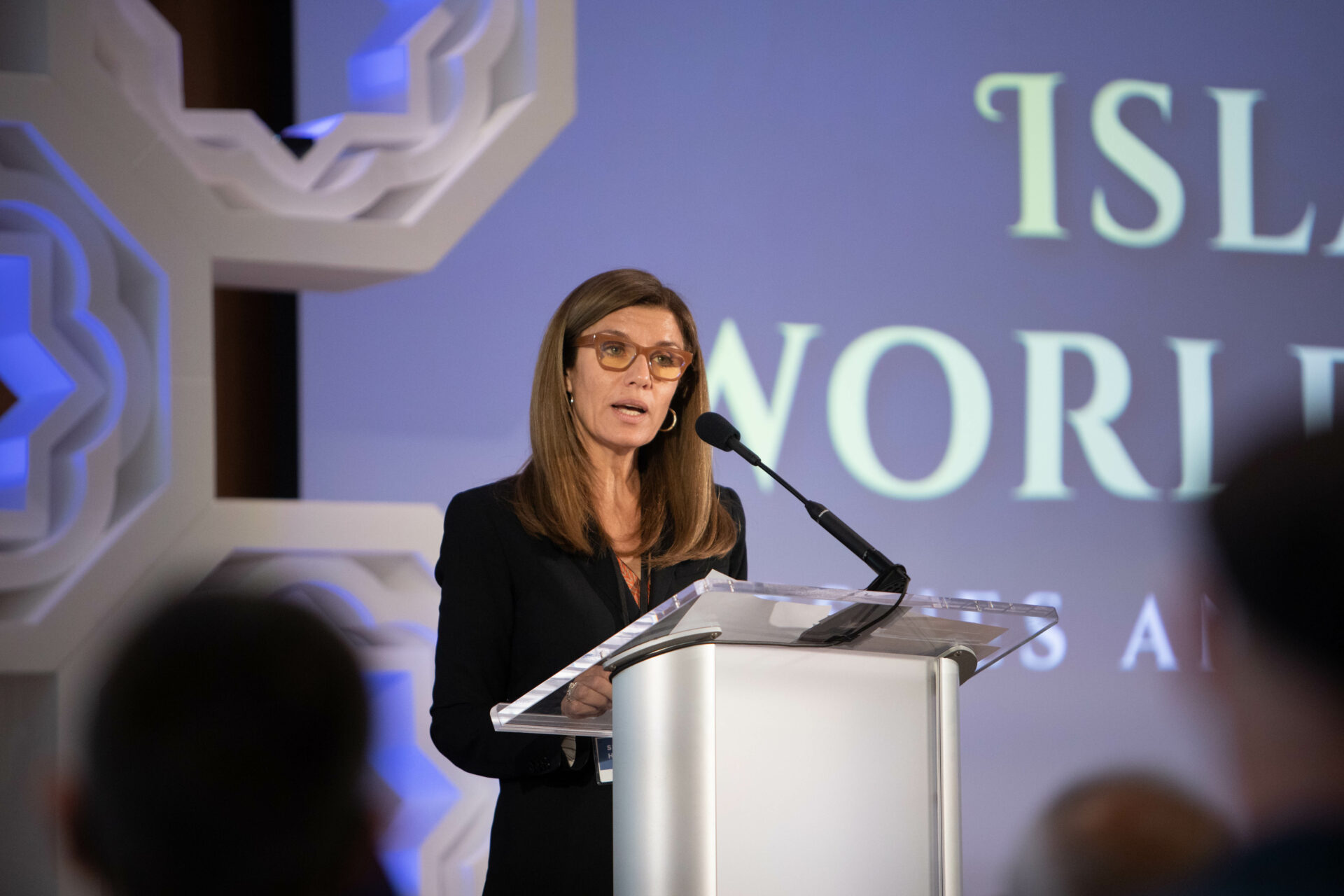The second session of the “The Islamic World Today: Issues and Perspectives” conference featured two female speakers, both members of the Islamic community, on Monday. Each of them has studied and conducted extensive research on gender issues in Islamic culture.
Sherine Hafez spoke first during the session titled “Women and Gender in the Islamic World: Continuities and Transformations.” Hafez is the author and editor of many books and articles about Middle Eastern women and their roles in Islamic movements. She is also a professor and the department chair of gender and sexuality studies at the University of California, Riverside.
During her speech, Hafez drew from experiences she had while working with female activists in Egypt.

In reference to women in Islamic culture, Hafez said various forms of empowerment are born out of activism. Many women she worked with were concerned with “the self” and building it up.
While many women experience empowerment in the areas she worked in by “remaking” themselves, some of them expressed uncomfortability addressing their activist efforts. One woman shared her thoughts with Hafez.
The female activist said that being empowered could be looked at as a direct contradiction to her religion because it can be seen as being against the spirit of Islam. However, this woman’s opinion is different. She said, “When you follow God in your heart and you know what He wants and you aspire to do it, everything falls in place.”
Hafez recited the words from another activist she worked with. This woman said that if she did not perform acts of kindness in empowering women in her faith, her relationship with God would be harmed. She said her “link to God would be severed.”
For the activists Hafez worked with, empowering Islamic women is an act of faith.
The session’s second speaker, Jamillah Karim, spoke to the audience over Zoom, from Senegal in West Africa. Karim has a Ph.D. in Islamic studies from Duke University and is an author as well. She drew from her experiences as the daughter of African American Islamic convert parents.

Karim spoke about what it is like to be a Black, Muslim, American woman. She explained what feminism means to Muslim women and how their activist goals are often different than those of white, Christian women.
“Whose definition of feminism are we using the judge Islam?” Karim asked the audience. This question led into her explanation about Western feminism not having a very big role in Islamic activism.
Black women in her community do not always align with the goals of American feminism, Karim said. While white women fought to have the right to work in American history, Black women have always worked beside men.
Slavery in America contributed greatly to this reality, Karim explained. She said that from “dawn to midnight” Black women would work during such times. She used this example to explain why white women’s feminism does not always fit Black women’s liberation.
Karim also spoke about how she enjoys seeing more fluid gender boundaries arising in Islamic communities. She said she loves to see women and men sit intermingled during religious services.
Both women brought unique perspectives to campus during the conference. Those interested in hearing from additional speakers on Tuesday can attend at the Hinckley Center. Sessions can be accessed online as well on the Islam conference website.




